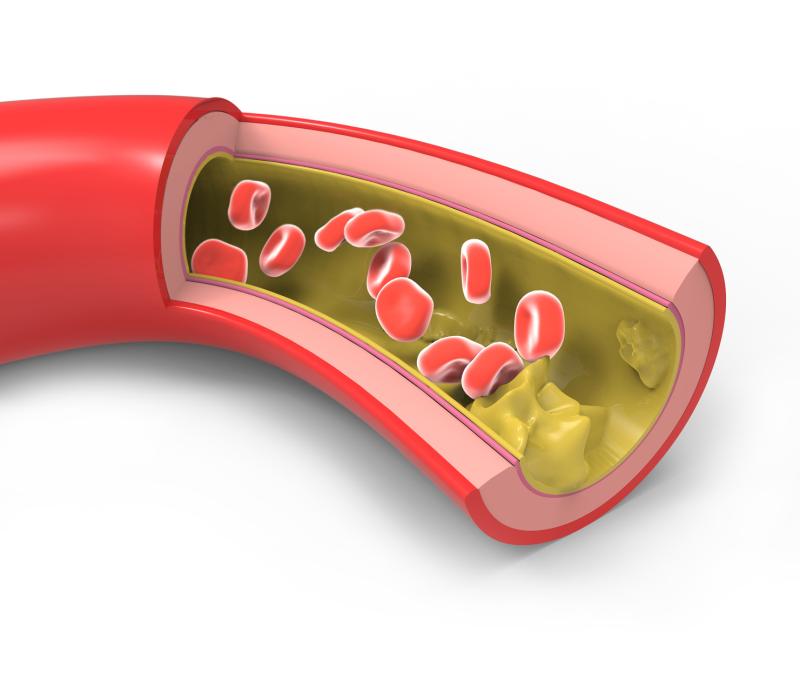
Reducing low-density lipoprotein cholesterol (LDL-C) levels may cut the risk of atherosclerotic cardiovascular disease events in type 2 diabetes patients with metabolic dyslipidaemia, a recent study has shown.
Researchers conducted an observational cohort study on 19,095 type 2 diabetes patients (mean age, 63.4 years; 53.5 percent female) who were on statin medication and who had metabolic dyslipidaemia. The outcome of interest was incident atherosclerotic cardiovascular disease events, defined as a composite of coronary heart disease death, ischaemic stroke and nonfatal myocardial infarction.
The mean LDL-C at baseline was 91 mg/dL, and 31.5 percent had levels of at least 100 mg/dL. Participants were categorized into four according to LDL-C concentrations: <50, 50–<70, 70–<100 and ≥100 mg/dL. Unadjusted models found no significant difference in incident atherosclerotic cardiovascular disease events across the groups.
However, the fully adjusted Cox proportional hazards model revealed a significantly inverse correlation between the two variables. Particularly, compared to the topmost category, participants with LDL-C levels <50 (hazard ratio [HR], 0.7, 95 percent confidence interval [CI], 0.5–0.8), 50–<70 (HR, 0.8, 95 percent CI, 0.7–1.0) and 70–<100 (HR, 0.9, 95 percent CI, 0.8–1.0) mg/dL were less likely to develop the primary outcome.
In absolute terms, there were six fewer events per 1,000 person-years in the lowest vs highest LDL-C category.
More observational studies and randomized trials are needed to better understand the effects of changes in LDL-C, along with the use, dose and intensity of statins, on incident atherosclerotic cardiovascular events, the researchers said.